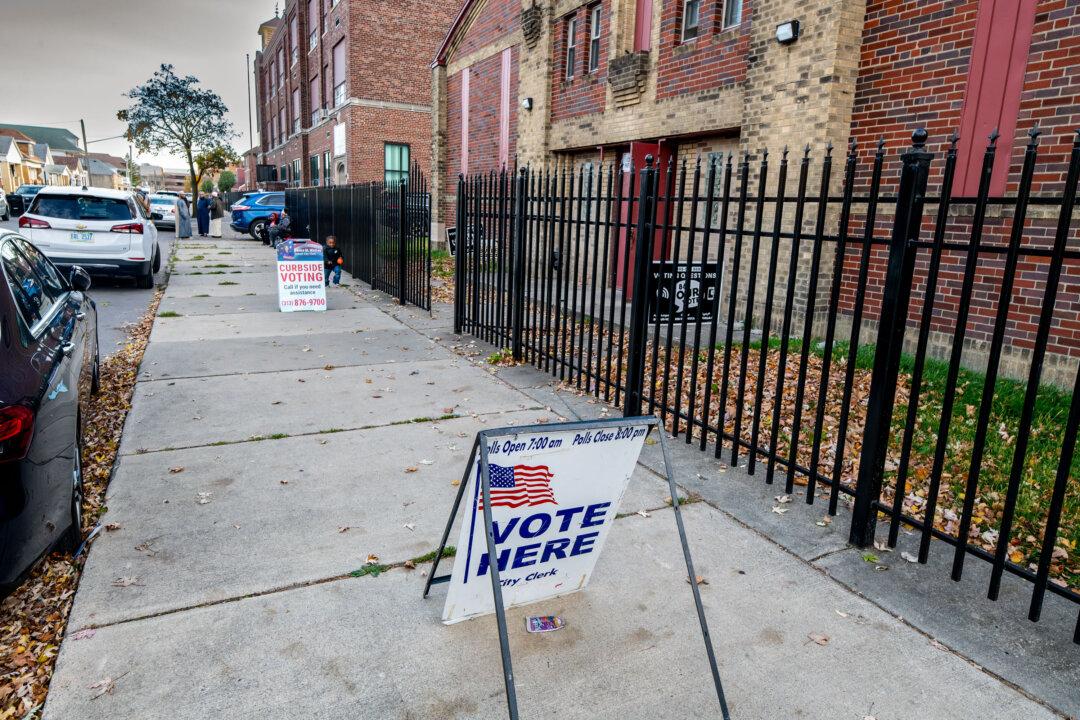President-elect Donald Trump won the White House, but split-ticket voting played a notable role in the 2024 election.
North Carolina, Wisconsin, Nevada, Arizona, and Michigan saw voters split their ballots between candidates of different parties.

President-elect Donald Trump won the White House, but split-ticket voting played a notable role in the 2024 election.
North Carolina, Wisconsin, Nevada, Arizona, and Michigan saw voters split their ballots between candidates of different parties.